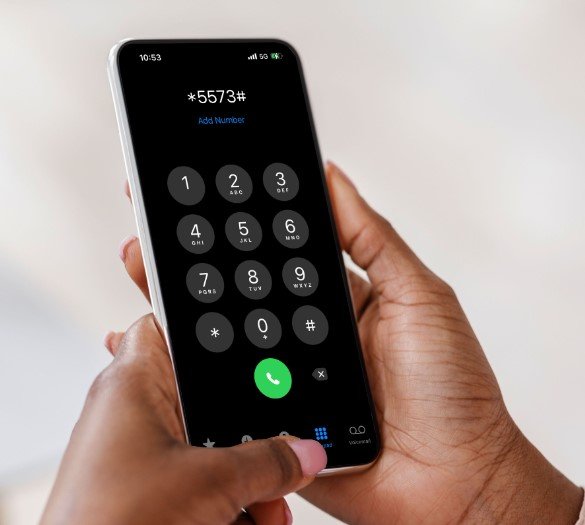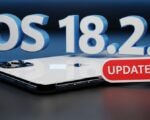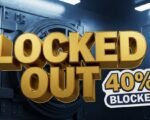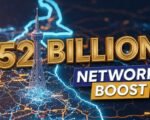Mounting tensions between telecom operators and banks spark fresh controversy over who should really foot the bill for USSD transactions.
The friction between Nigeria’s telecoms and banking sectors has once again boiled to the surface. This time, it’s over USSD billing — and the finger-pointing is anything but subtle.
At the center of the storm is a decision to switch to an airtime-based billing model for USSD transactions. Banks say the Nigerian Communications Commission (NCC) made it mandatory from June 3, 2025. Telcos, however, say that’s flat-out false. And they’re not mincing words.
Adebayo Calls Out “Selfish Interests”
The head of the telecoms lobby group isn’t having any of it. Engr. Gbenga Adebayo, Chairman of the Association of Licensed Telecom Operators of Nigeria (ALTON), has accused banks of distorting facts to protect their own pockets.
In blunt terms, he said the NCC never issued a directive for end-user billing (EUB). What really exists is a joint agreement — more like a gentlemen’s handshake — between the Central Bank of Nigeria (CBN), the NCC, banks, and telcos. But now, that understanding’s being twisted out of shape.
“There was no directive from the NCC,” Adebayo stressed. “Just a regulatory framework that required all parties to meet specific conditions.”
One of those conditions? Clearing outstanding USSD debts — which, by the way, many banks haven’t done yet.

Banks Went Ahead Anyway
Earlier in June, customers of banks like UBA and FCMB woke up to texts and email alerts saying something very different.
The message was clear: starting June 3, USSD charges would now come straight from customers’ airtime — not their bank balances.
That little update caused a stir. And not the good kind.
Many customers were confused. Some felt blindsided. Others saw it as yet another way for banks to offload operational costs onto everyday users without warning or consent.
Behind the scenes, telcos weren’t just unhappy — they were livid.
Why Telcos Are Fighting Back
There’s a lot more to this than just who pays how much and when. For telcos, this is about years of unpaid USSD debts.
Over the years, banks have racked up billions in charges owed to telecom providers for USSD session usage. In a bid to finally draw a line under the saga, all stakeholders agreed to switch to an end-user billing model — but only if:
-
All USSD debts were settled by June 2, 2025
-
Technical systems were fully ready
-
There was transparency to prevent double billing
Right now? Those boxes are barely half-checked.
And that’s what has Adebayo fuming. “Only a handful of banks have cleared their USSD debts. The majority are still defaulting,” he said.
The Double Billing Fear Is Real
Customers have long complained about unclear or inconsistent billing on USSD services — especially when they’re charged by both their mobile operator and their bank for the same service.
That’s exactly what telcos fear will happen if the system is rushed.
“It’s not just about the money,” one telecom executive told us off the record. “It’s about trust. Once users start feeling like they’re being scammed — even if it’s just a glitch — it damages all of us.”
Even a short lapse in integration could lead to double charges, user frustration, and regulatory headaches.
Who Owes Who What?
Here’s where things stand financially, based on our review of market data and industry reports:
| Stakeholder | Estimated USSD Debt (₦ Billion) | Payment Status |
|---|---|---|
| Bank A | ₦12.5B | Partially Paid |
| Bank B | ₦9.8B | Unpaid |
| Bank C | ₦4.6B | Paid in Full |
| Others (combined) | ₦23.1B | Mixed |
The End-User Billing Plan Was Meant to Be a Win-Win
When the shift to EUB was first proposed, it was pitched as a fairer model for everyone involved.
Banks wouldn’t have to intermediate every single charge, telecoms would get paid directly, and customers would know what they’re being billed — clear, clean, and upfront.
Sounds great on paper, right?
But without full payment of debts, updated systems, and airtight coordination, it’s just not ready for primetime. And pretending it is — like some banks seem to be doing — risks messing things up even more.
What This Means for Everyday Nigerians
At the end of the day, it’s the average phone user who suffers. Especially low-income folks relying on USSD to check balances, transfer funds, or buy airtime. If billing becomes chaotic, or worse, exploitative, those users will feel it the hardest.








